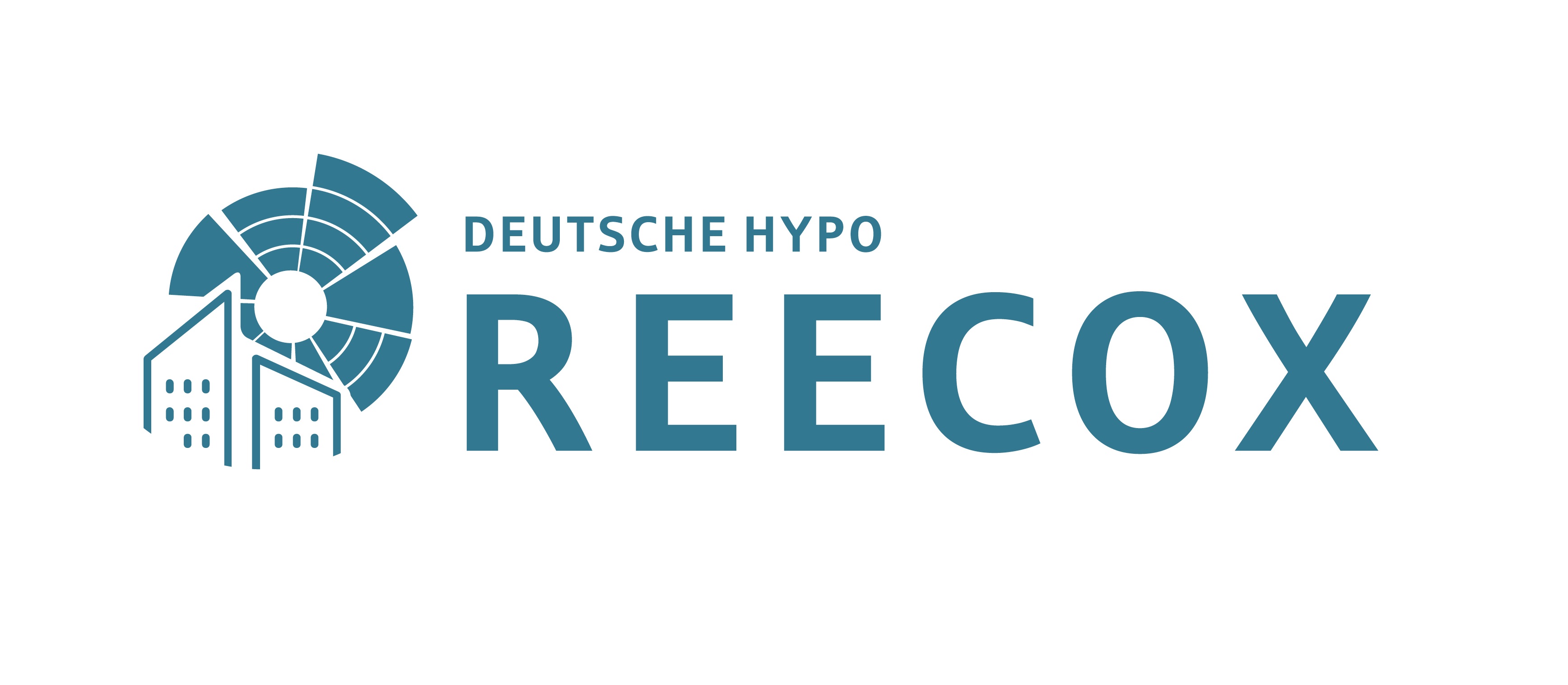REECOX Germany rises by 5.8 % to 328.9 points
The German real estate sector made a strong start to 2021, recovering from a 2.5 % decline in January to make gains in February and March. Not only did the peak surpass the high from the final quarter of 2020, it also marks an all-time high for REECOX.
Frank Schrader, future Head of Commercial Real Estate Financing at NORD/LB: “Deutsche Hypo REECOX was able to continue its positive development in the first quarter of 2021 with a 6.6 % increase in the Euro Score. It is hoped that the spread of coronavirus infections can be curbed, particularly through a rising vaccination rates, and the European real estate market can continue its recovery.”
Once every quarter, the REECOX provides an overview of real estate market activity in Germany, France, the UK, Poland, Spain and the Netherlands. The index for each of the six countries is calculated using five input variables. In Germany, those variables are the DAX, the DIMAX, the European Commission’s Economic Sentiment Indicator for Germany, the basic rate of interest pursuant to Section 247 of the German Civil Code (BGB) and the interest rate for ten-year German government bonds. The development of the input variables was partly contradictory. Germany’s benchmark index, the DAX, continued its positive trend from the end of 2020 and stands at just under 15,000 points at the end of the quarter, which equates to an increase of 9.4 %. However, the generally positive sentiment on stock markets was not reflected by developments in the real estate share segment as measured by the German real estate share index DIMAX, which slipped by 4.4 %. By contrast, the business climate as measured by the European Sentiment Indicator (ESI) was able to even out its losses from the end of 2020 with an upswing of 10.0 %.
Alois Algermissen, Head of the Hanover Office: “In the first quarter of 2021, the coronavirus-related restrictions to economic and social activity continued to have a controlling influence on the German real estate market. There was a further downturn in the hotel and shopping real estate market due to the lockdown, which mainly affected the tourism and retail industries. Only a very small number of new financing agreements were concluded in this sector. There is still no consensus on the direction that the office market will take moving forward.”

